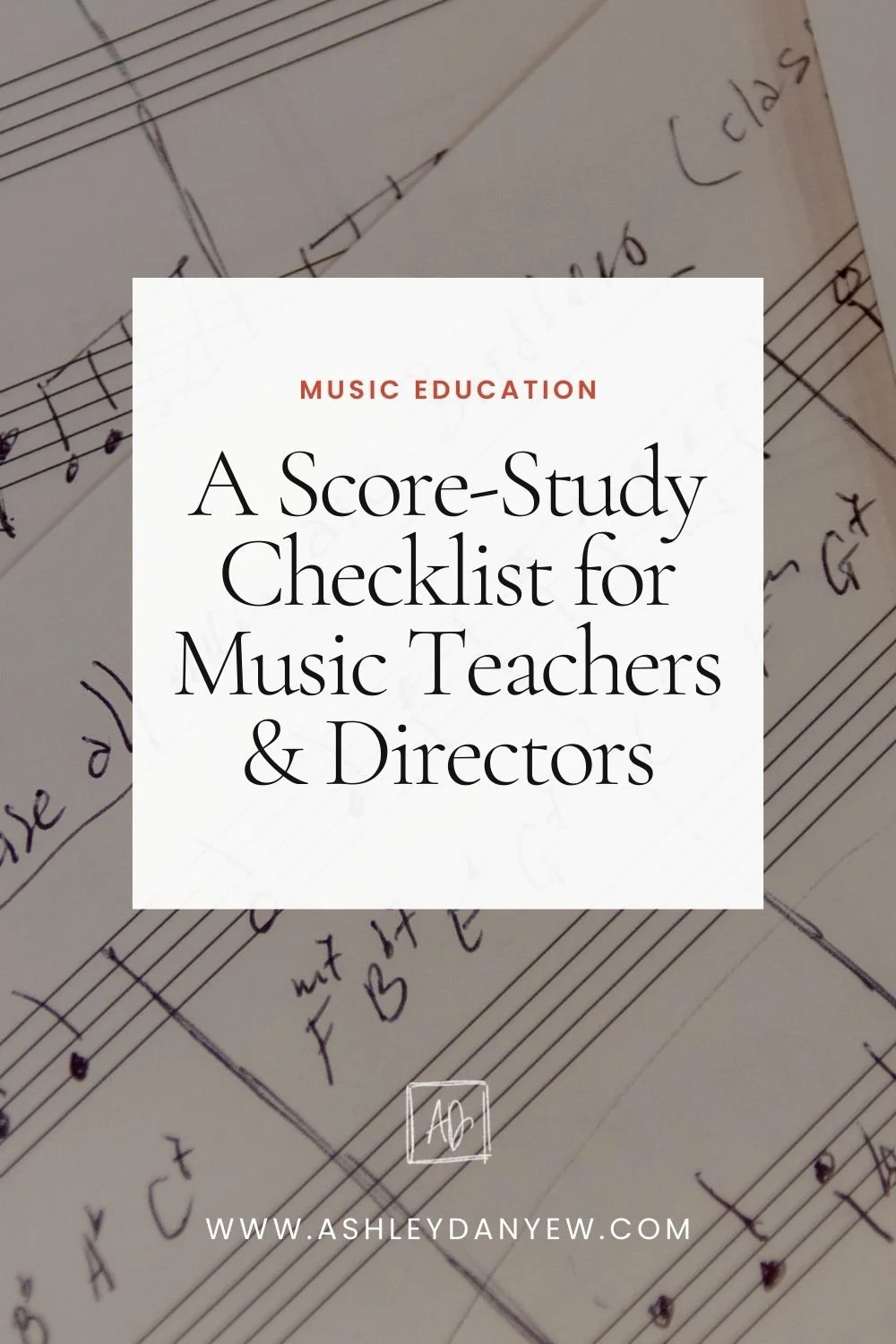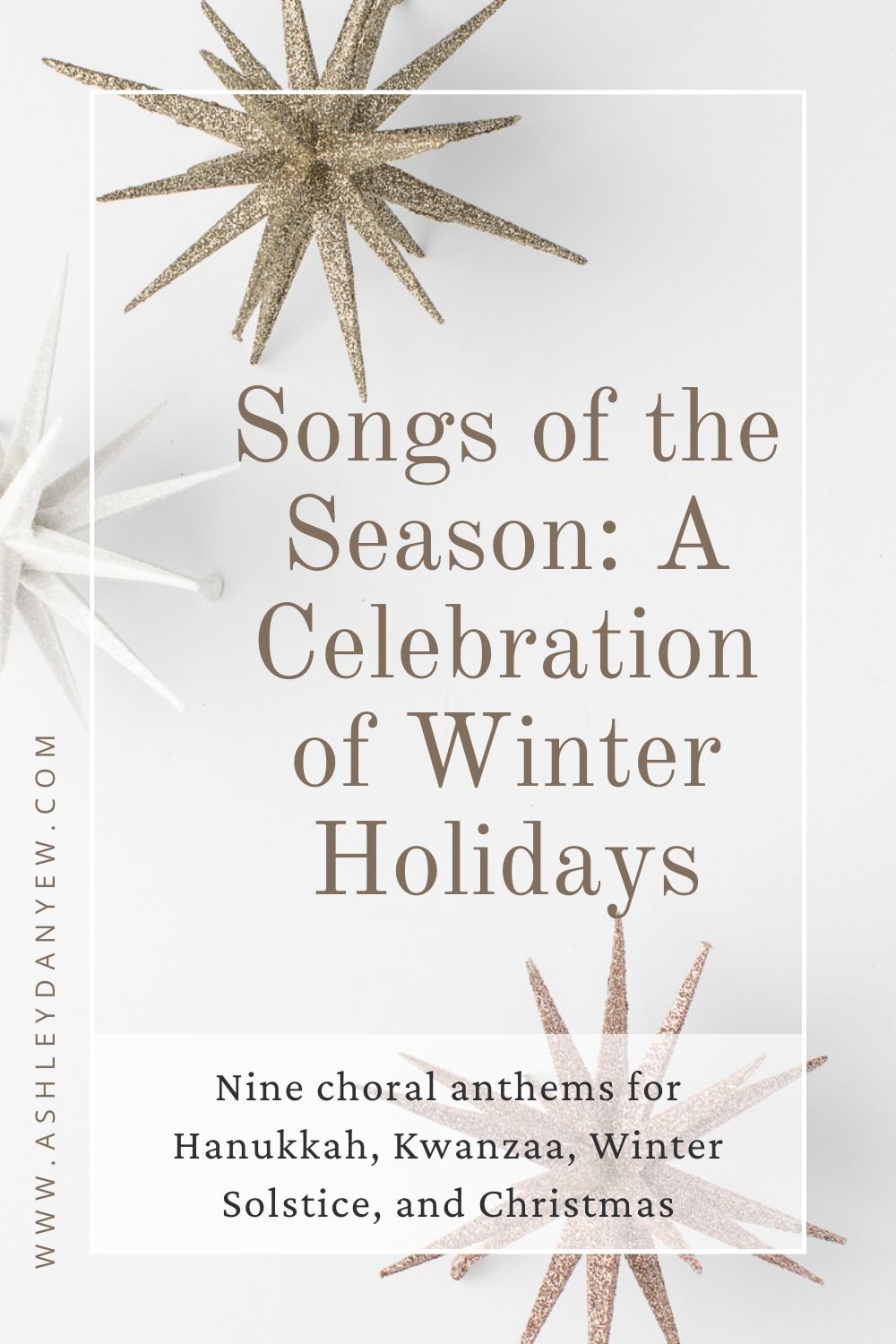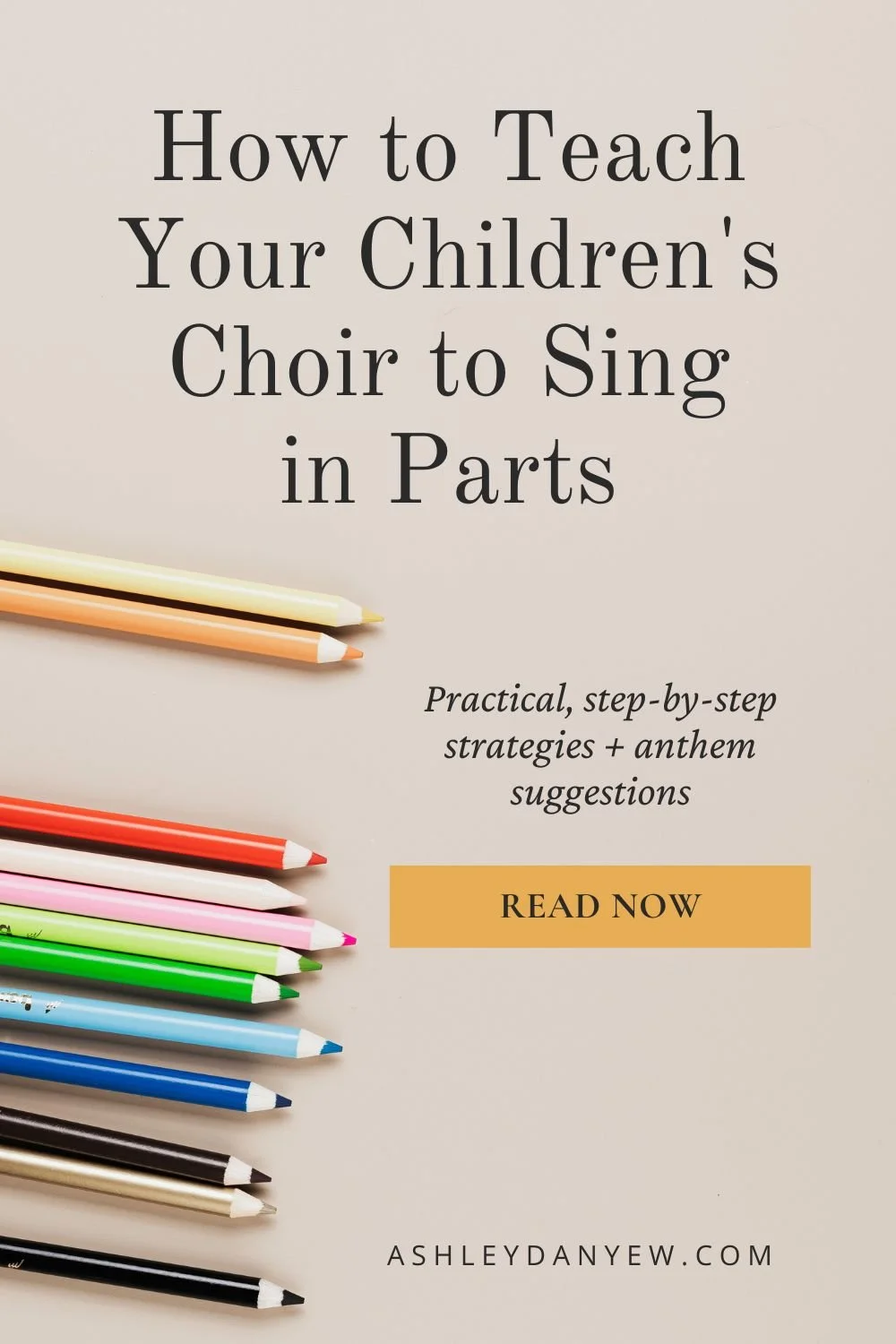Copyright.
It's a sticky subject and one not often taught in music school.
The purpose of copyright law is “to promote the Progress of Science and useful Arts, by securing for limited times to Authors and Inventors the exclusive Right to their respective Writings and Discoveries” (Article I, Section 8, clause 8, The United States Constitution).
Copyright law protects anything with intellectual property rights. This includes poetry, books, photographs, art, song lyrics, music, and more.
How does it affect what you do as a musician, teacher, freelancer, artist, or small business owner? What do you need to know?
In this post, you’ll learn about what falls under the public domain in the U.S., licensing options and what’s covered, and fair use as it pertains to your music work. Let’s get started.
Disclaimer
This content is for educational purposes only and should not be construed as legal advice. Please seek advice from a licensed attorney familiar with your specific situation.
Public Domain in the U.S.
As of the date of this publication, all works published prior to 1929 (or first published in the U.S. between 1949 and 1977 without a copyright notice) are almost guaranteed to be in the public domain. This means you are free to use it and arrange it as you’d like.
Works published by an individual after 1929 with proper copyright renewal, will remain under copyright for the length of that person's life plus 70 years.
Works published by a corporation after 1929 with no author listed will remain under copyright for 120 years after publication. Read more about this here.
CCLI & Performance Licenses
If you work in a church setting, you’ve probably heard of CCLI: Christian Copyright Licensing International. CCLI has several different licenses and services, but with the basic Church Copyright License, you can:
Print songs, hymns and lyrics in bulletins and on song sheets for congregational singing
Compile your own songbooks for congregational singing
Create overhead transparencies or slides of songs and/or lyrics
Arrange, print, and copy your own vocal or instrumental arrangements of songs (in the CCLI database) for congregational use
Record worship services (audio or video)
Translate songs into another language
Reproduce accompaniment tracks
This license does not permit you to:
Photocopy or duplicate octavos, cantatas, musicals, handbell music, keyboard arrangements, vocal scores, orchestrations or other instrumental works
Rent, sell, lend, or distribute copies made under your church's license to individuals or groups outside the church, or other churches (though you can share recordings to shut-ins or others outside the church)
For more about CCLI, visit their website.
Another type of license that pertains to many musicians is the Performance License.
Did you know?
When you purchase a piece of sheet music or a printed collection of music that’s copyrighted, your purchase only includes the right to perform the music privately. You don't actually have permission to perform the work publicly.
Why? Because one of the exclusive rights of the copyright holder (as I shared in this post on music copyright) is the right to perform their work publicly.
Most copyright holders in the U.S. affiliate with one of three major performing rights organizations—BMI, ASCAP, or SESAC. These organizations give performance licenses to presenters (those who present performances of copyrighted music).
Presenters may be a self-presenting chamber ensemble, a university, or a streaming platform. Most likely, if you’re performing in a public venue, the venue is considered the presenter and responsible for obtaining a performance license. The performing rights organizations (PROs) collect fees for performance licenses and distribute royalties to the writers and publishers of the works.
For more on music licensing, see this post: What Every Musician Needs to Know About Licensing
What About Fair Use?
All's fair in love and... copyright? Not quite.
What is fair use? Harvard University explains:
"Fair use is actually an affirmative defense to a claim of copyright infringement, meaning that the alleged infringer has the burden of proving their use was a fair use.” (source: Harvard University Office of the General Counsel)
This means that fair use comes into play only when there’s been a claim of copyright infringement. It’s not a law that gives you permission to use a small amount of a copyrighted work for free.
It's not what you think is fair. It's what a court thinks.
There’s a common misconception that it’s okay to use a copyrighted work if you give credit. Simply giving credit is not the same as getting permission from the copyright holder. If it’s copyrighted, you need permission to use it.
A few activities that may potentially be considered fair use by a court include
Criticism—a written critique of something
Commentary—news reporting
Teaching
Scholarship or research
Let’s use teaching as an example. In general, using small amounts of material for teaching in a classroom is okay. You don't need permission to play a recording of a copyrighted work or make a copy of a couple of pages of copyrighted music to give to students for teaching purposes.
Generally, small amounts of copyrighted material used in these settings will be considered fair use. Here’s a helpful fair use analysis calculator to see if your use qualifies for a copyright exception.
The court considers four factors when determining if something is fair use or not: Purpose, Amount, Nature, and Effect (PANE).
Purpose—is it for commercial or nonprofit/educational use? Nonprofit and educational use is more likely to be considered fair use by the court.
Amount—how much copyrighted material is being used? The smaller the amount, the more it leans toward fair use.
Nature—is your use more factual or creative? If it’s more factual, it leans more toward fair use.
Effect—will your use affect people buying the original? If not, it’s more likely to be considered fair use.
Have a copyright question?
Get personalized advice, recommendations, and actionable strategies on a business/teaching topic of your choice. Bring your questions for an ask-me-anything-style session or brainstorm with me in real time.
You won’t get off-the-cuff responses from me; I’ll spend an additional hour before we get on the call brainstorming on your topic(s), mapping out strategies, and pulling together resources so we can make the most of our time together.
How Copyright Affects Musicians & Creators
Here are a few situations where you may encounter copyright issues in your creative work:
Choir director
Let’s say you want to create an SAB arrangement of an existing work for your choir to sing this Christmas. If your church has a CCLI license, you can freely arrange music from the CCLI database (this activity is covered by your license). Alternatively, you can look for tunes and texts published before 1929 (some great public domain music resources include CPDL and IMSLP).
If the piece you want to arrange is copyrighted and not in the CCLI database, you need to reach out to the copyright holder and ask permission.
Piano Teacher
Similarly, let’s say you’re a piano teacher who wants to arrange a Taylor Swift song for your elementary student. Since Taylor Swift songs are copyrighted, you need permission to create an arrangement. If the song is pre-licensed by a site like MusicNotes.com or Hal Leonard’s ArrangeMe, you can create a legal arrangement and publish it on their platform.
Freelance Musician
Maybe you’re a freelance violinist. Your quartet was hired to play a June wedding. The bride requested an arrangement of an Ingrid Michelson song for the ceremony, but you're having trouble finding an arrangement for string quartet. As you know by now, you must have permission from the copyright holder to arrange works that are under copyright, but again, if the song is pre-licensed by a bigger company, you can self-publish a legal arrangement using their license (vs. contacting the copyright holder yourself).
Small business owner
Let’s say you’re a small business owner building a website. When it comes to photographs, copyright law still applies. Look for photos from public domain stock photo sites like Pixabay, Pexels, or Kaboompics, or use photos licensed under Creative Commons. Creative Commons sources images from Flickr and Google Images (among others) for you to use on your blog or for your business—and most are free to use! Some require attribution, so pay attention to that. Read more about Creative Commons here.
Summary
Like I said at the beginning, copyright is a sticky subject. But it's our job as musicians, creatives, artists, and small business owners to be informed, know the law, and do what's right. Hope this post helps you do just that!
More Copyright Resources:
Copyright Term and the Public Domain in the U.S. (Cornell University)
Public Domain (IMSLP)
Fair Use (Purdue University)
Copyright Crash Course: Fair Use of Copyrighted Materials (University of Texas)






































